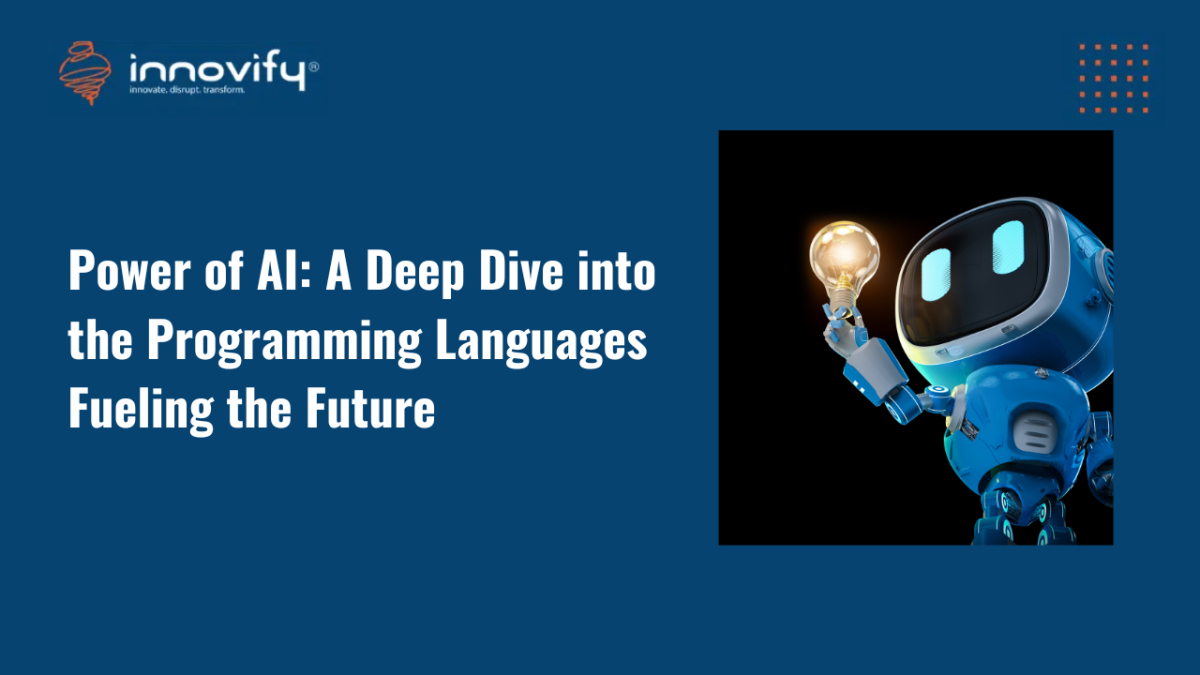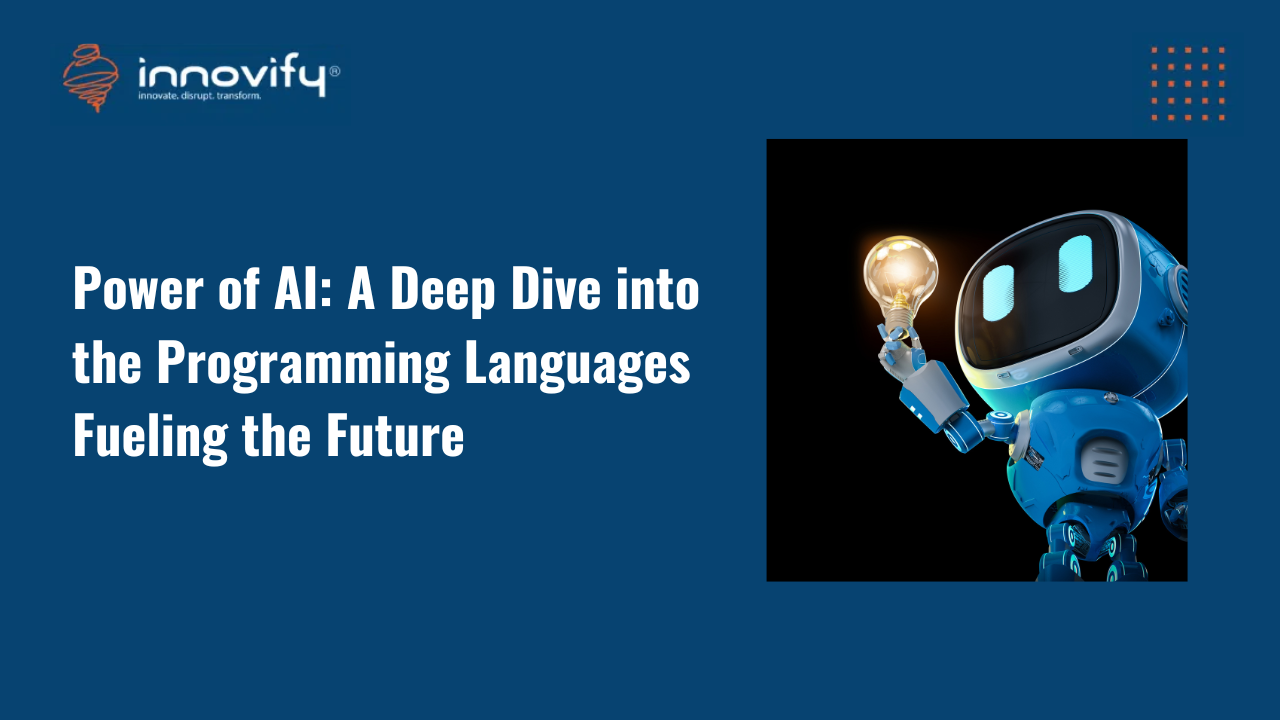Innovation
The Power of AI: A Deep Dive into the Programming Languages Fueling the Future
Artificial Intelligence (AI) is rapidly transforming our world, from self-driving cars to personalized medicine. At the heart of this revolution lie powerful programming languages that enable developers to build intelligent systems. This article explores some of the most popular and influential AI programming languages and how they’re shaping the future.
Key AI Programming Languages:
- Python:
- Why it’s popular: Python’s simplicity, readability, and extensive libraries (like TensorFlow, PyTorch, and scikit-learn) make it the go-to choice for many AI and machine learning projects.
- Applications: Deep learning, natural language processing (NLP), computer vision, and more.
- Java:
- Why it’s popular: Java’s platform independence, strong community support, and robust libraries (like Deeplearning4j) make it a versatile choice for large-scale AI applications.
- Applications: Big data analytics, enterprise AI solutions, and mobile AI.
- C++:
- Why it’s popular: C++ offers high performance and control, making it ideal for resource-intensive AI tasks and applications where speed is critical.
- Applications: Game AI, robotics, and real-time systems.
- R:
- Why it’s popular:R is a powerful language specifically designed for statistical computing and data analysis, making it a valuable tool for AI research and development.
- Applications: Statistical modeling, data visualization, and machine learning.
- JavaScript:
- Why it’s popular:JavaScript’s ubiquity on the web enables the development of interactive and intelligent web applications.
- Applications: Front-end AI, machine learning in the browser, and AI-powered web services.
Choosing the Right Language:
The best AI programming language depends on the specific project requirements, such as:
- Performance: C++ is often preferred for performance-critical applications.
- Ease of use: Python is generally considered more beginner-friendly.
- Community support: Languages with large communities offer better resources and faster problem-solving.
- Library availability: The availability of specialized libraries can significantly speed up development.
AI Development Companies:
Innovify is a leading AI development company that specializes in creating cutting-edge AI solutions.
How AI is Transforming the UK Healthcare System:
AI is revolutionizing healthcare in the UK by:
- Improving diagnosis: AI algorithms can analyze medical images (like X-rays and MRIs) with greater accuracy, aiding in early disease detection.
- Personalizing treatment: AI-powered systems can analyze patient data to recommend personalized treatment plans.
- Streamlining operations: AI can automate administrative tasks, such as scheduling appointments and managing medical records, freeing up healthcare professionals to focus on patient care.
Conclusion:
AI is a rapidly evolving field, and the programming languages that power it play a crucial role in driving innovation. By understanding the strengths and weaknesses of different languages, developers can choose the best tools for their AI projects and contribute to the ongoing advancements in this exciting field.
FAQs:
Which AI is best for coding?
There is no single “best” AI for coding. The choice depends on factors like the specific coding task, the developer’s experience, and the project’s requirements.
Is AI coded in Python?
While Python is a very popular language for AI development, AI can be coded in various languages, including Java, C++, R, and JavaScript.
Does AI need coding?
Yes, AI development requires coding. AI systems are built using programming languages to implement algorithms, train models, and interact with data.
Is C++ good for AI?
Yes, C++ is a powerful language for AI development, especially for performance-critical applications and tasks that require low-level control.




